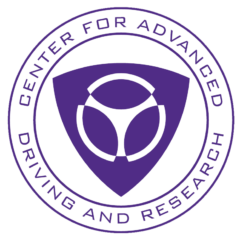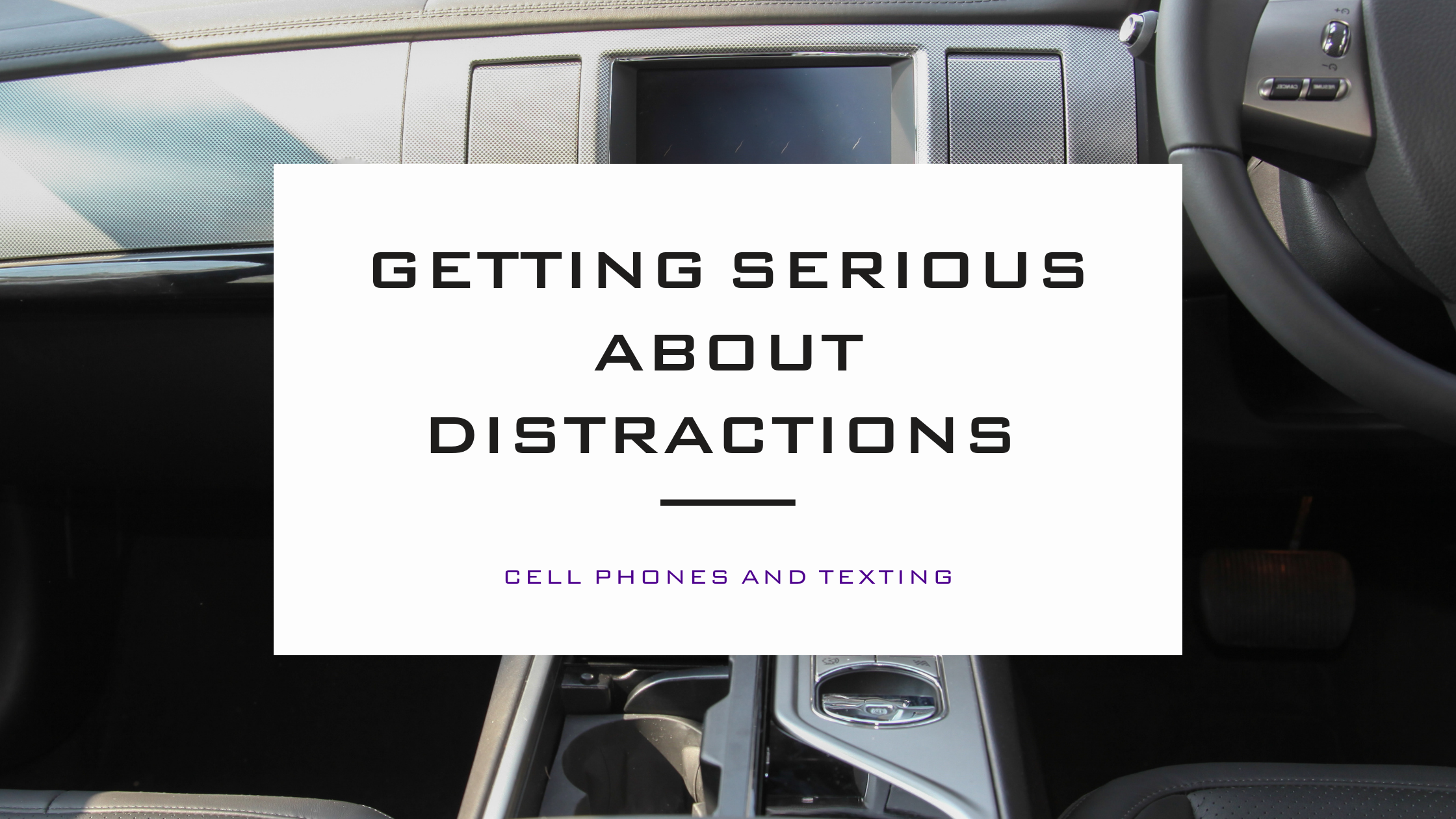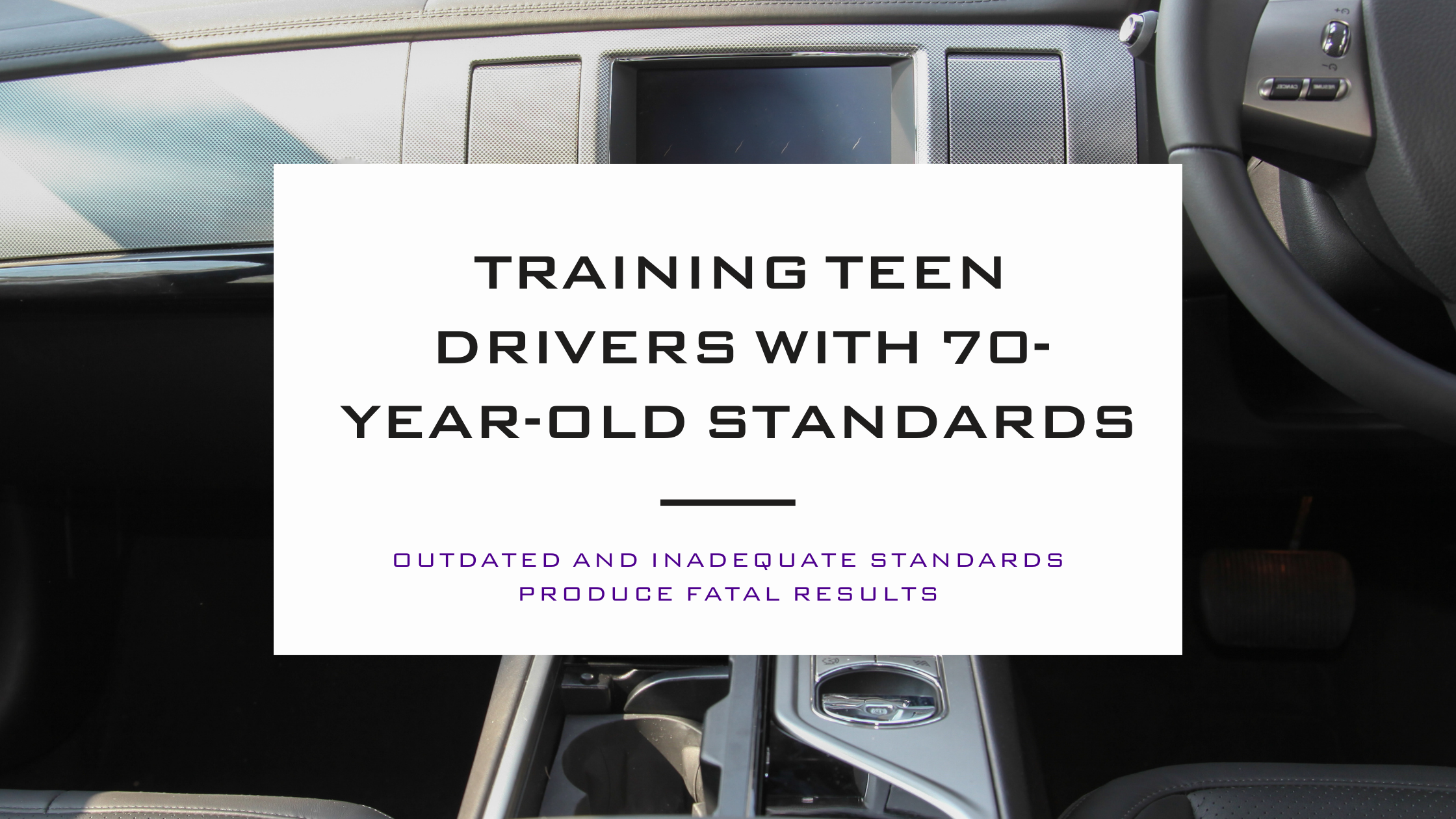If we, as a driving society, are going to get serious about solving the distracted driving issue in this country, we must first understand and accept that it is NOT the cause of crashes—it’s a symptom of the driving culture we’ve created—and a behavioral issue at its core. Let’s just focus on the issue of Texting while Driving. There are numerous studies, surveys and statistics spanning the last 3-5 years which all conclude similar findings to this.
- 94% of US Drivers support a ban on texting while driving
- 68% of US Drivers text while driving
The truth of the adage, “actions speak louder than words” certainly seems prevalent in those stats. Words tell us what people wished they believed but actions show us what they really do believe. Here again, studies and surveys provide even more insight as they reflect a high percentage of drivers think they can multitask and do it well. However, the reality is, it’s a scientific fact the human brain cannot multitask. It can “divide” its attention but there is always a clear distinct separation between the objects of its focus.

Texting, or any other form of intentional distraction, is a behavior and all human behavior is driven by or rooted in personal beliefs. As the author of an article some years back stated in the American Journal of Criminal Justice, “Tougher laws may be alluring as a deterrent to this behavior, but according to the data in this study, 96 % of respondents knew it was against the law but continued to text and drive anyway”. This confirms the truth that laws don’t change culture, people do. But people only change culture when they change the beliefs that are producing the culture and the current outcomes.
Until we, as a driving culture, stop believing that driving is down time to catch up on our social lives, the latest news or how our investment portfolio is doing, and start recognizing it as a skill-based, high-risk activity, drivers will continue crashing and killing others by choosing to engage in these behaviors. Why don’t we see sports players texting or taking selfies in the middle of a game? Why don’t you see musicians doing this during a concert? Would you board an aircraft if you knew the pilot might text during takeoff or landing?
All of us need to take a moment to reflect on all the places or circumstances we as individuals would not consider engaging in these behaviors and then ask ourselves, why might we consider it acceptable behavior behind the wheel of a vehicle that can potentially end the life and purpose of another human being or yourself? At the root of our answers lies the beliefs that drive all our behaviors behind the wheel of an automobile. Beliefs produce behaviors that create the outcomes we experience. We need to stop treating the symptom and focus on the root cause—beliefs.




